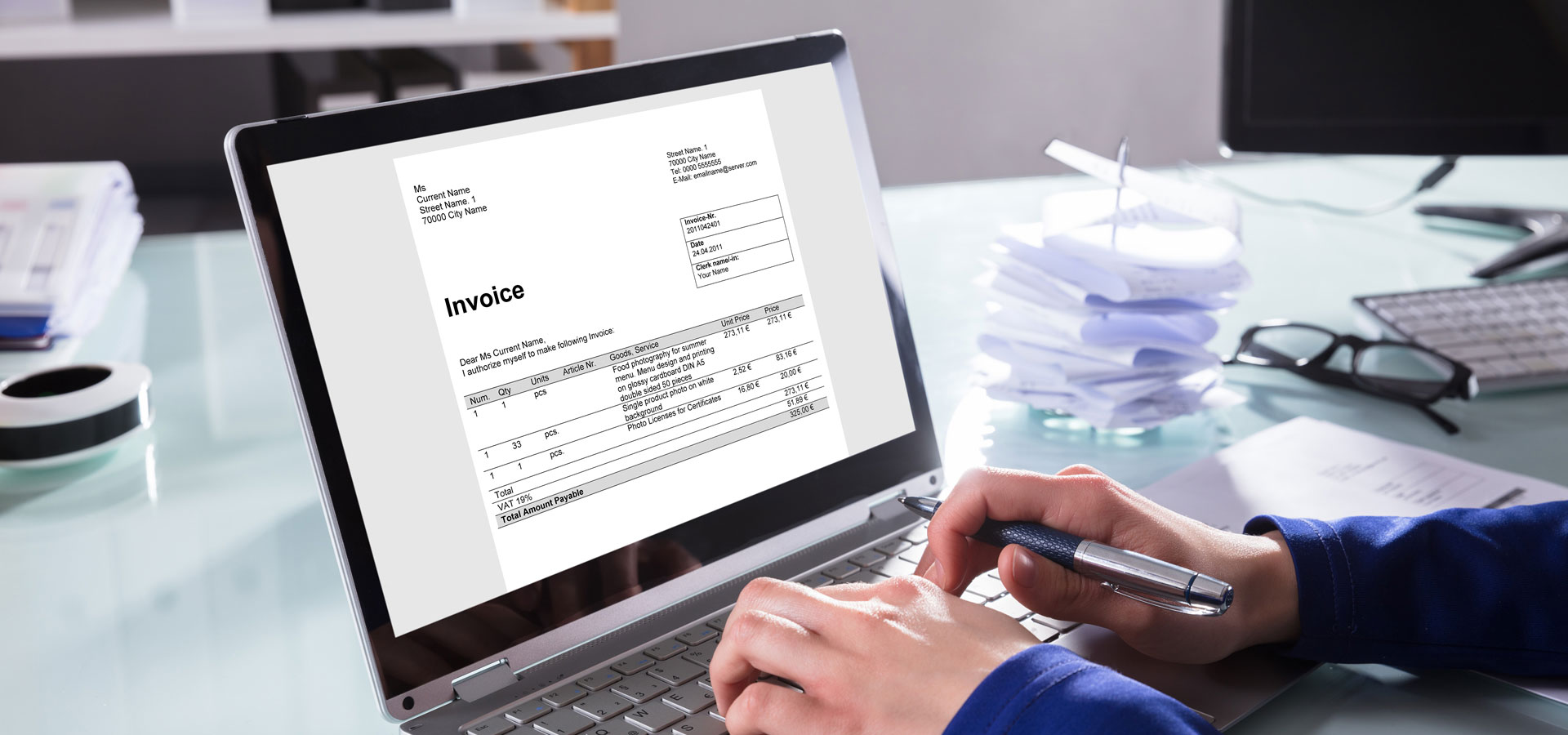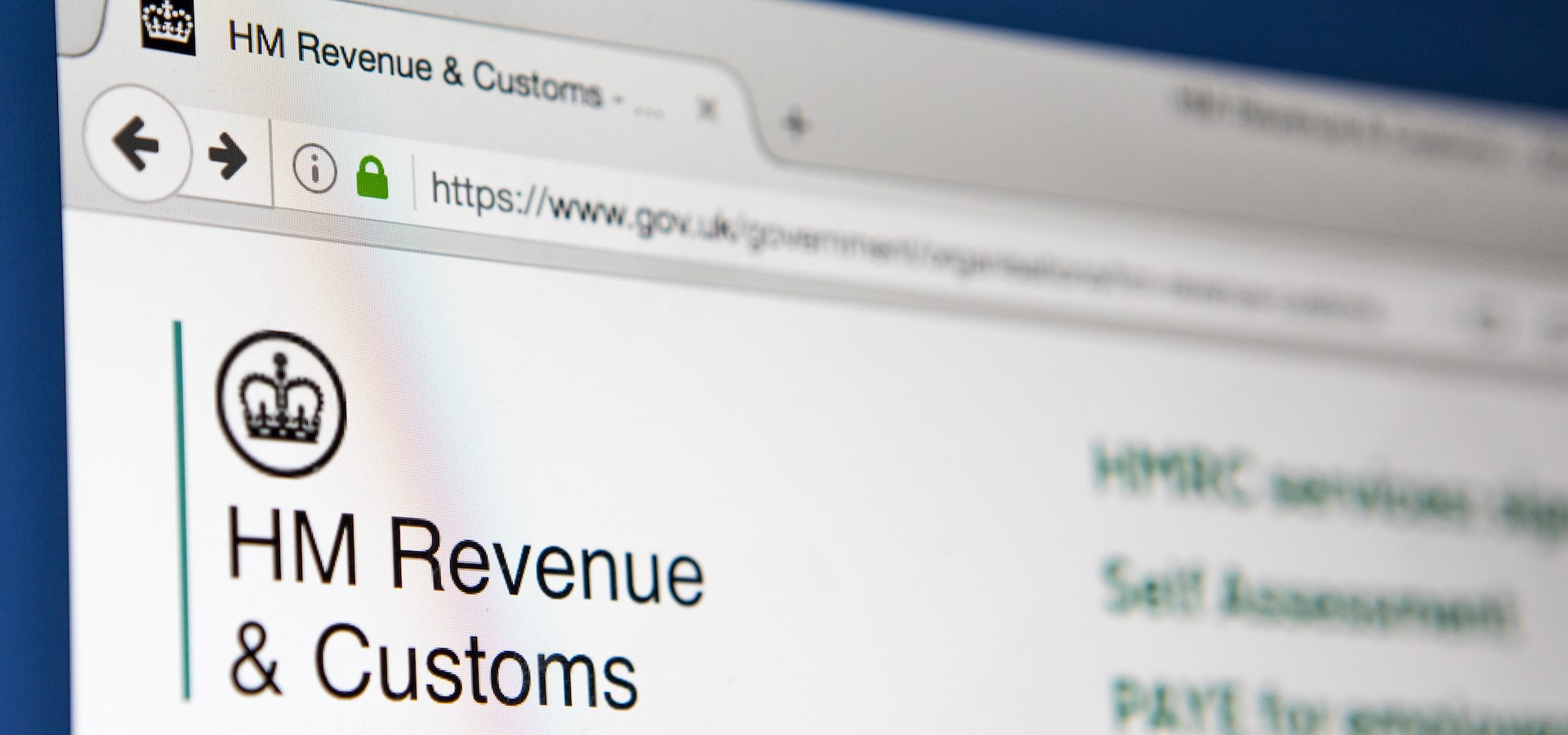Clothing
Only clothing which is used “wholly and exclusively” for the purposes of business or a staff member’s employment is allowable. For example, protective clothing on a building site or within a chemical factory is permissible however clothes that can be worn for work and for leisure are not.
Training
If a director or a member of staff of a contractor limited company is sent on a training course which better equips the company to be more competitive or which imparts new knowledge to an employee or employees, training is 100% allowable if paid by the company or paid by the director who is then reimbursed by the company.
Communications costs
Business communication costs are allowable expenses – these include telephone lines, call charges, stationery, printing, photocopying, broadband lines, and so on.
If these accounts are held in the name of and paid for by the contractor limited company, the costs are 100% allowable. However, if the accounts are in the name of the director, then only part of the costs may be allowable.
Business entertainment
Entertainment is not normally an allowable expense. Claims can not be made for entertaining customers, suppliers, and clients nor can they be made for corporate hospitality.
Companies have a yearly budget of up to £150 including VAT per staff member to spend on entertainment – including food, drink, travel expenses, and accommodation. Most companies spend this on Christmas parties however a company can choose to spread the entertainment budget over a year. However, if more than £150 is spent on a staff member, then it becomes a benefit-in-kind and it will be liable for income tax, Employee’s National Insurance, and Employer’s National Insurance.
Subsistence
Subsistence is the term used by HRMC to describe providing oneself with food and drink at a minimal level solely for the purposes of carrying out business.
It is not considered as subsistence if a contracting limited company director or employee consumes food or drink at home or within the workplace as this consumption is done for the “purpose of survival”, the term chosen by various different tax tribunals on the subject. Subsistence is the cost of meals, drink, and accommodation away from the normal place of work – for example, as would happen on a business trip.
To qualify as a business expense, the travel undertaken which required a contractor or employee to eat and sleep away from their home or work premises must have been done so “wholly and exclusively” for the purposes of trade. This includes trips made to suppliers, to clients, to different work sites, to events, and to attend training courses.
If a contractor and their staff members (that is, someone on the payroll with an employment contract with the company) are away on business and the company pays for the meal, this is allowable as subsistence. Expenses incurred must be “reasonable” and at a “minimal level”. A reasonably priced meal in the hotel or at a local restaurant will normally be fine.









